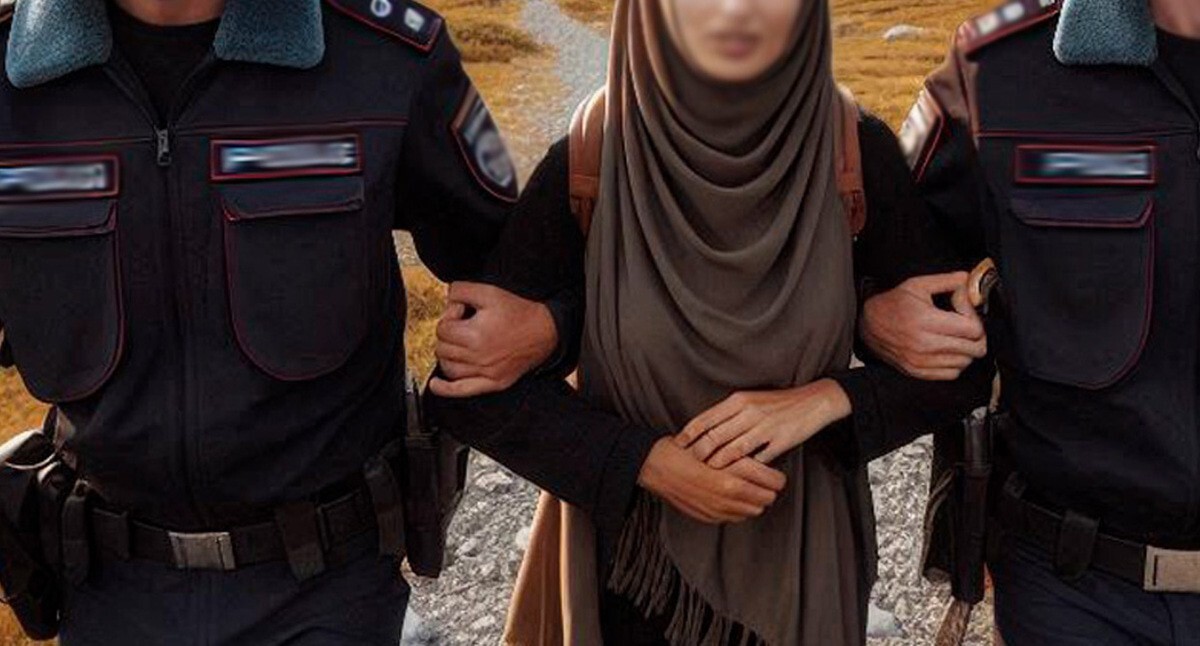UN Special Rapporteur highlights "honour killings" among human rights problems in Northern Caucasus
Authorities and law enforcers in Northern Caucasus are helping families in searching their relatives for the purpose of "honour killings", including LGBT* people. Transferring the inquiry into such cases to other countries could help solve the problem.
In her report "Human Rights Situation in Russian Federation", Mariana Katzarova, the UN Special Rapporteur on Russia, has highlighted honour killings and mutilation surgeries among the main problems in Northern Caucasus. Law enforcers were often accomplices to these crimes or condoned them.
"Honour killings, when women are killed by their male relatives in order to "restore the family honour," remain a concern; and such murders usually go unpunished. From 2008 to 2017, in 39 cases reported by civil society organizations of the North-Caucasian Federal District (NCFD), the perpetrators received lenient sentences or were acquitted on the basis of the alleged "immoral" behaviour of the victim," the report says.
When speaking about "honour killings", Ms Katzarova has noted that there is no complete information about them. They include the murders of LGBT* people.
"One of them is the case of Alexei Kardashov. He was (in all likelihood) killed by policemen in Chechnya," she has stated.
The report also states that "female genital mutilation surgeries are not prohibited by the law and are practiced on girls mainly at home."
"In Dagestan alone, more than 1000 girls may be subjected to such surgeries every year. Some commercial clinics in Ingushetia and Moscow have openly offered these procedures," the report notes.
"The only NGO that dealt with this issue in the Caucasus was the "Marem". They were attacked and forced to leave first Dagestan, then Russia at all," Mariana Katzarova has stated, adding that it has become even more difficult to obtain justice in Chechnya, but Chechnya is not an exception, but a part of what is happening in Russia in general with torture and human rights.
As an example, Ms Katzarova cited the story of Zarema Musaeva: "She is in torturous conditions because of the political and anti-war activities of her sons."
*On November 30, 2023, the Supreme Court of the Russian Federation declared the movement an "extremist organization" and banned the "international public movement of LGBT people". With this decision, the court satisfied the claim of the Russian Ministry of Justice, sent to the court on November 17, 2023.
This article was originally published on the Russian page of 24/7 Internet agency ‘Caucasian Knot’ on October 29, 2024 at 11:58 pm MSK. To access the full text of the article, click here.
Source: СK correspondent





![Tumso Abdurakhmanov. Screenshot from video posted by Abu-Saddam Shishani [LIVE] http://www.youtube.com/watch?v=mIR3s7AB0Uw Tumso Abdurakhmanov. Screenshot from video posted by Abu-Saddam Shishani [LIVE] http://www.youtube.com/watch?v=mIR3s7AB0Uw](/system/uploads/article_image/image/0001/18460/main_image_Tumso.jpg)